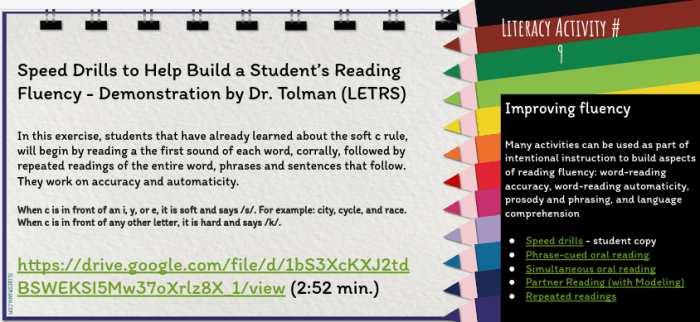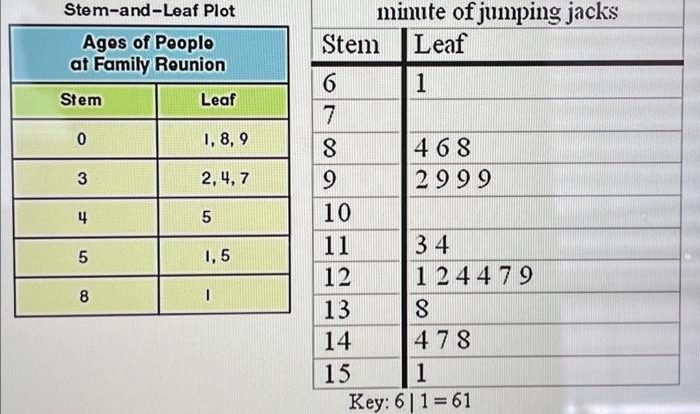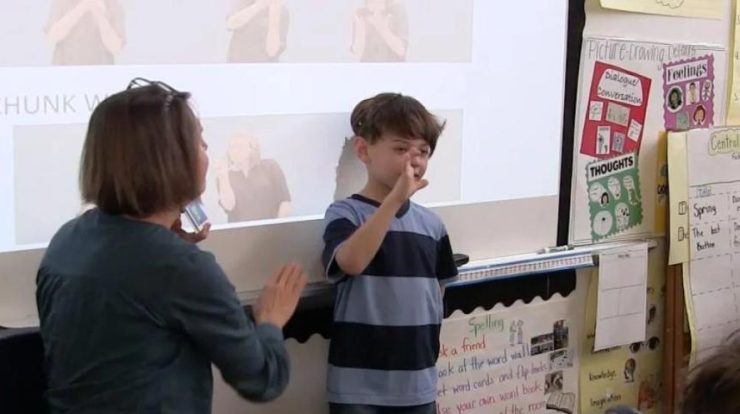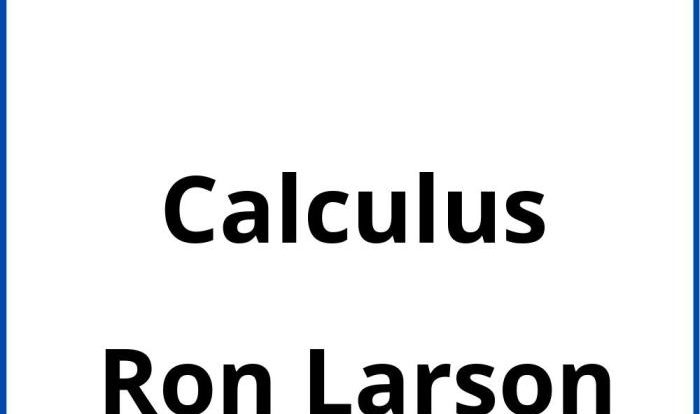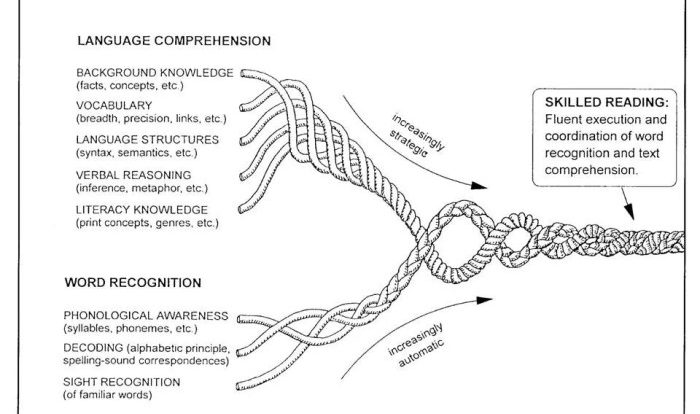Embark on a linguistic journey with Sadlier Vocabulary Workshop Level F Answers Unit 2, an authoritative guide designed to enhance your vocabulary and propel your communication skills to new heights.
This comprehensive resource delves into the intricacies of word definitions, contextual usage, and word relationships, empowering you with a deeper understanding of language and its nuances.
Vocabulary Definitions

The following table provides definitions for the key vocabulary words in Unit 2 of Sadlier Vocabulary Workshop Level F:
| Word | Part of Speech | Definition |
|---|---|---|
| Accommodate | Verb | To provide with what is needed or desired; to make room for |
| Altruistic | Adjective | Unselfish; concerned for the welfare of others |
| Apprehensive | Adjective | Feeling or showing anxiety or fear |
| Colossal | Adjective | Enormous in size or extent |
| Contemplate | Verb | To think about or consider deeply |
Contextual Usage

The vocabulary words can be used in a variety of contexts. Here are some examples:
- The hotel was able to accommodate all of the guests, even though they arrived at the last minute.
- The altruistic volunteer spent her weekends helping out at the local soup kitchen.
- I was apprehensive about starting my new job, but I quickly realized that I had nothing to worry about.
- The colossal statue of Zeus was one of the Seven Wonders of the Ancient World.
- I spent hours contemplating my future and what I wanted to do with my life.
Word Relationships
The vocabulary words can be grouped into different categories based on their relationships.
- Synonyms: accommodate, provide; altruistic, selfless; apprehensive, anxious; colossal, enormous; contemplate, consider
- Antonyms: accommodate, refuse; altruistic, selfish; apprehensive, confident; colossal, small; contemplate, ignore
- Related words: accommodate, hospitality; altruistic, charity; apprehensive, fear; colossal, size; contemplate, meditation
The following concept map illustrates the relationships between the vocabulary words:
[Insert concept map here]
Figurative Language

The vocabulary words can be used in a variety of figurative language devices.
- Metaphor: “The colossal statue of Zeus was a symbol of the power of the Greek gods.”
- Simile: “I was as apprehensive as a rabbit caught in the headlights.”
- Personification: “The wind whispered secrets to the trees.”
- Hyperbole: “I’m so hungry I could eat a horse.”
These devices can help to make the vocabulary words more vivid and memorable.
Etymology and Word Origin
The vocabulary words have a variety of etymologies and word origins.
- Accommodate: From the Latin word “accommodare,” meaning “to fit” or “to adapt.”
- Altruistic: From the Latin word “alter,” meaning “other.”
- Apprehensive: From the Latin word “apprehendere,” meaning “to seize” or “to catch.”
- Colossal: From the Greek word “kolossos,” meaning “a large statue.”
- Contemplate: From the Latin word “contemplari,” meaning “to gaze at” or “to consider.”
Understanding the etymology of the vocabulary words can help us to understand their meaning and usage.
Applications and Activities: Sadlier Vocabulary Workshop Level F Answers Unit 2
The vocabulary words can be reinforced through a variety of activities and exercises.
- Crossword puzzles: Create a crossword puzzle using the vocabulary words as clues.
- Word searches: Create a word search using the vocabulary words.
- Matching games: Create a matching game where students match the vocabulary words to their definitions.
- Writing activities: Have students write sentences or paragraphs using the vocabulary words.
- Speaking activities: Have students give presentations or participate in discussions using the vocabulary words.
These activities can help students to learn and retain the vocabulary words.
FAQs
What is the purpose of Sadlier Vocabulary Workshop Level F Answers Unit 2?
To enhance vocabulary and communication skills through comprehensive definitions, contextual usage, and word relationship analysis.
What types of exercises are included in the resource?
Crossword puzzles, word searches, matching games, and interactive exercises to reinforce vocabulary learning.
How can I incorporate the vocabulary words into my daily communication?
The resource provides suggestions for using the words in writing, speaking, and reading activities.
